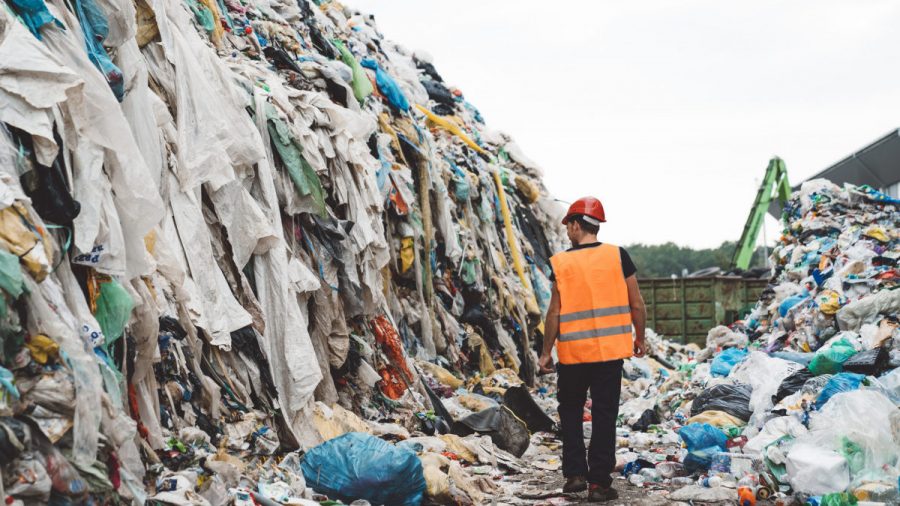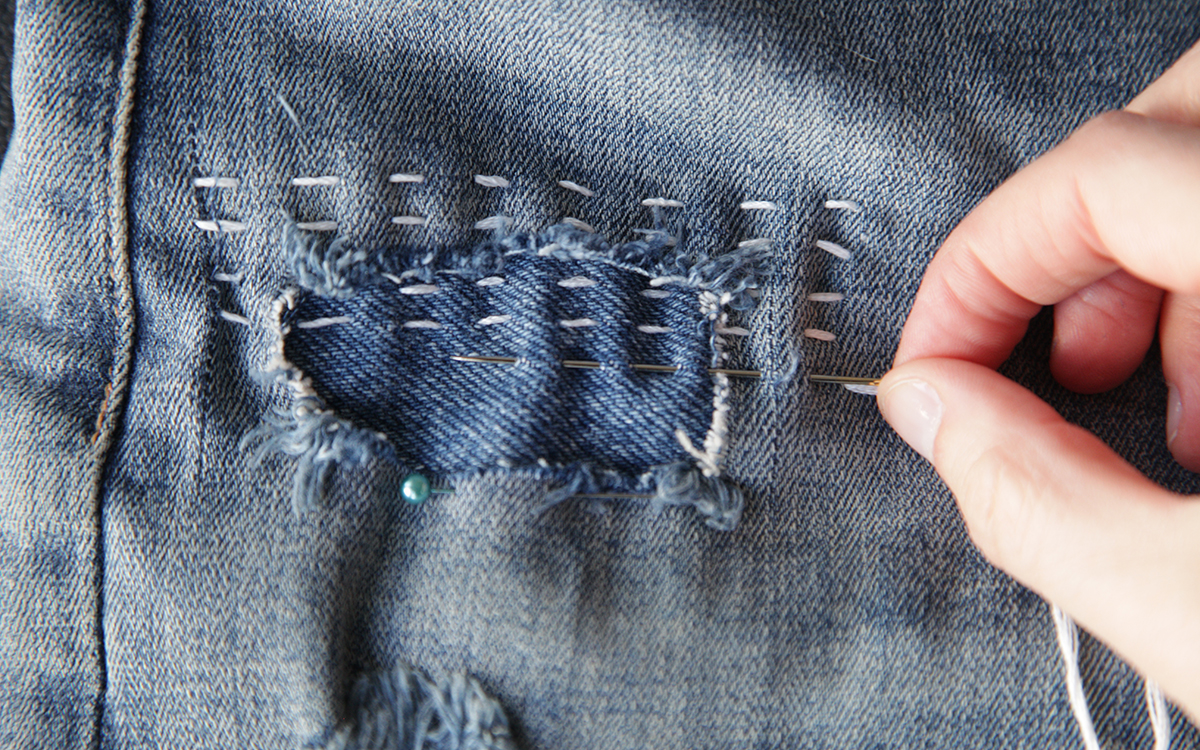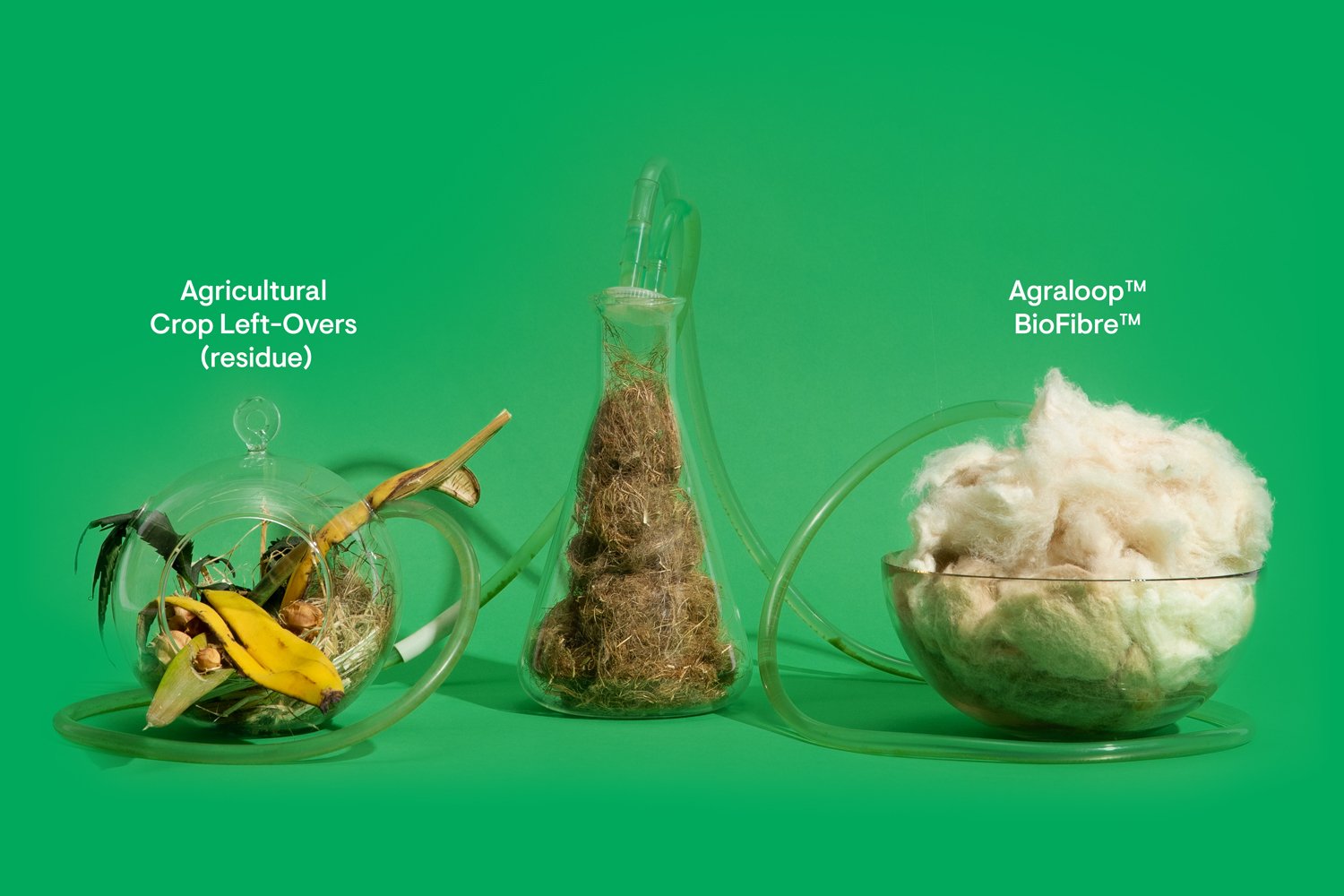We love to keep up with the latest - and that's where the fast fashion industry thrives.
Fast fashion is the lightning-quick process of taking runway designs, turning them into cheap garments, and shipping them out to stores before the latest trend fizzles.
But there's a hefty hidden cost beneath those affordable price tags.
The Current State of Clothing Waste
But it's not all doom and gloom; we're now witnessing a shift in the fashion industry as it comes to terms with its unsustainable practices.
Businesses are stepping up and leading the way, realising that the future of fashion must be
circular and sustainable, rather than linear and wasteful.
Totally Sustainable Initiatives You Should Know About
Refashion
Refashion is a not-for-profit spearheading a pilot program that will provide financial incentives to citizens for repairing their shoes and clothing.
Currently operating in France, residents can claim payments for specific repairs. For example, mending a shoe heel gets you 7 euros. Croissant time!
The aim is to encourage citizens to start lovin' their clothes and stop replacin' them as soon as the zipper gets a bit iffy.
In fact, France has gone wild on the whole textile waste issue, piloting this program as just one part of an anti-waste law for a circular economy.
Agraloop
What if your mushy old banana could become a raincoat?
That's exactly what
Agraloop, a textile innovations faction from US-based start-up
Circular Systems, is trying to achieve.
Using a wet processing technique, they extract cellulose fibres from food and medicine crops and refine them into textile-grade fibres. Pineapples, bananas, oilseed and CBD hemp are among the leftovers getting a glowup.
A product like this can be swapped in for traditional fossil fuel-based fibres like PET, and use
100% less water than traditional cotton manufacturing.
The best news is that Circular Systems are already working with big boys such as H&M and &OtherStories. Their mission is to work with farmers who are already ethically aligned with the mission, without creating a demand for even more crop planting.
Seamless
Here in Oz, the Australian Fashion Council has whipped up a game-changer called
Seamless.
Seamless strutted onto the scene in June 2023, and it's a stewardship scheme to teach fashion bigwigs how to stay in it for the long haul. It recognises that brands are responsible for the entire lifecycle of their clothing children: from birth (design) to death (recycling).
They're on a mission to achieve circularity by 2030. Seamless is here to jazz up how clothes are made, recovered, reused, and recycled by kicking the outdated linear models to the curb.
Now, here's the deal: Nobody's twisting arms here. Brands can join the Seamless party if they want, and all it'll cost them is 4 cents for every garment they sell. That chump change goes towards rad stuff like sustainable designs, selling pre-loved stuff, and recycling textiles.
Out of 30 big-name Aussie brands they asked to be part of the crew, only six jumped on board: BIG W, David Jones, The Iconic, plus Aussie labels Lorna Jane, Rip Curl, and R.M. Williams. They've each tossed in a hundred grand to kick things off, and they're funding a year-long transition phase while Seamless works on its aim to have a 60% industry signup rate.
In response to the low signup rate, Environment Minister Tanya Plibersek is throwing down the gauntlet to the rest of the fashion industry. She's made it clear that if not enough businesses sign up voluntarily, the scheme will become mandatory.
So either way, it looks like we're going to be seeing a lot more sustainably-sourced goodies in our homecities.
Wrapping Up
Trends come at a price, and it's not just draining our wallets.
Luckily, parts of the fashion industry are beginning to shift its gears toward a more sustainable and circular future. With initiatives like Refashion, Agraloop, and the Australian Fashion Council's Seamless, we're seeing a brighter, more eco-conscious path ahead.
We can be part of this change, making our wardrobes more sustainable and giving the planet and its people a much-needed breather. Use websites like Good On You to check the sustainability rating of our favourite store, or go all in on the secondhand game.
It's time to say goodbye to the old wasteful ways and embrace a more stylish, responsible future in fashion.





































Leave a comment